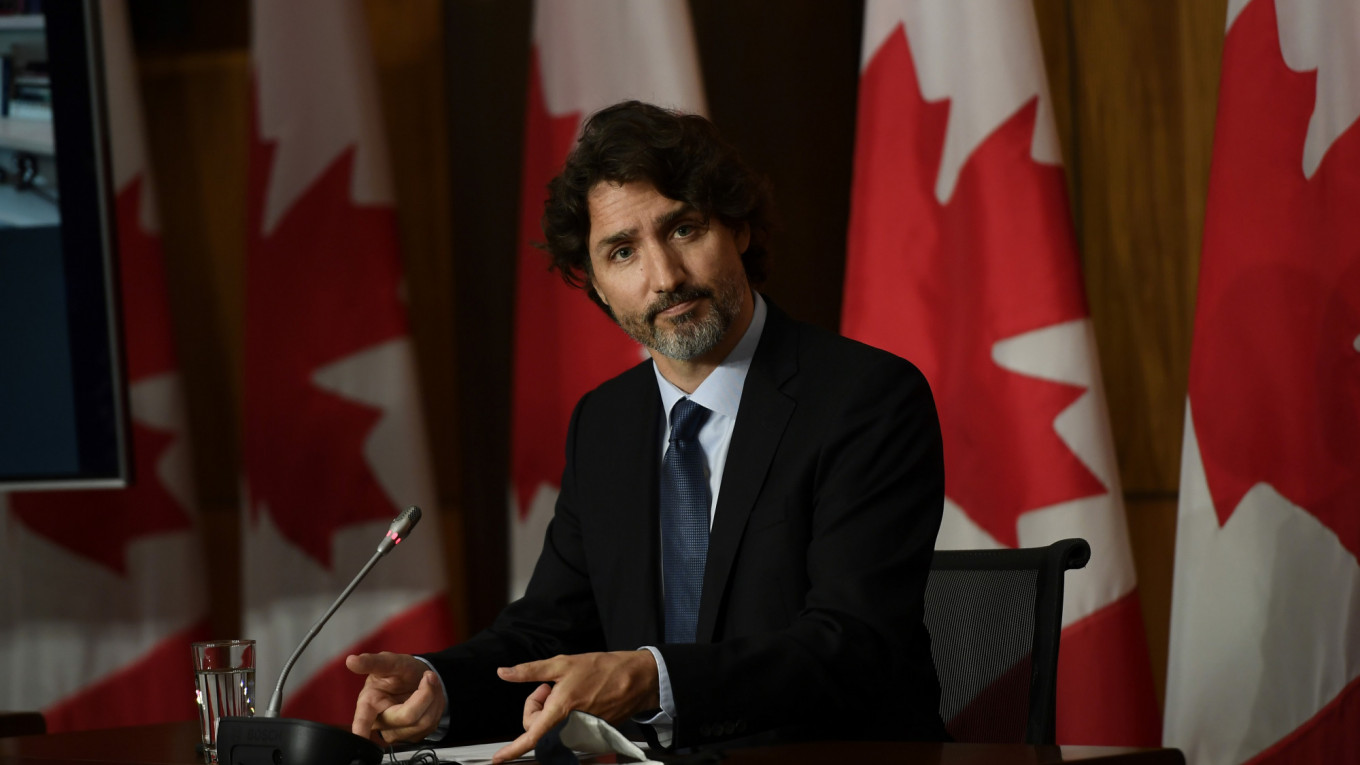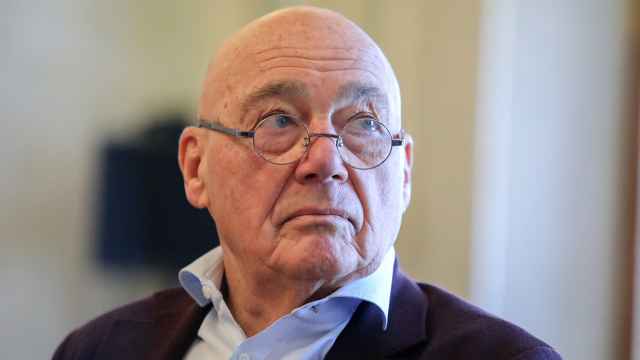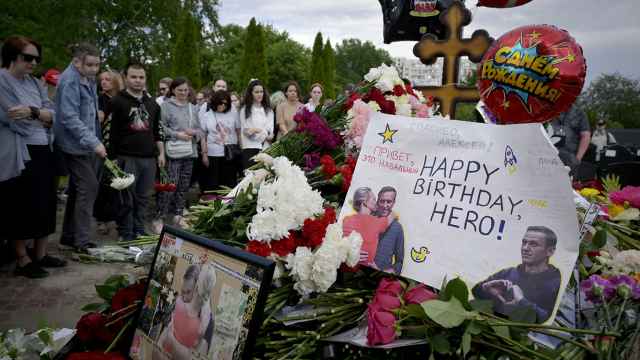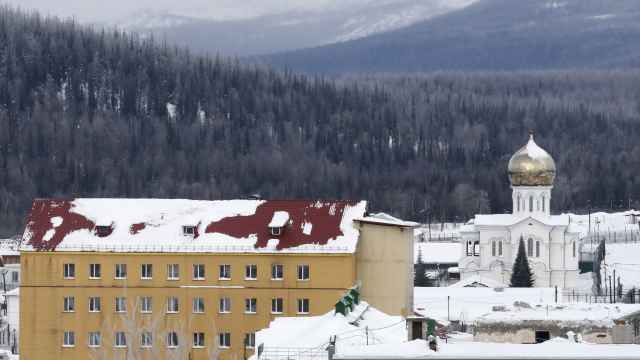Russia on Monday announced tit-for-tat sanctions against nine senior Canadian officials, including the justice minister, following similar measures from Ottawa over the treatment of Kremlin critic Alexei Navalny.
The Russian foreign ministry said in a statement that the nine Canadians had been banned from entering Russia "for an undetermined period."
The banned Canadians include Justice Minister David Lametti, prisons chief Anne Kelly, and Scott Bishop, commander of the Canadian Forces Intelligence Command.
Deputy defence minister Jody Thomas was also targeted along with Brenda Lucki, head of the Royal Canadian Mounted Police, and her deputy Brian Brennan.
Senior army official Mike Rouleau, minister of intergovernmental affairs Dominic LeBlanc and Marci Surkes, a senior official in the office of Prime Minister Justin Trudeau, are also on the list.
Moscow said the entry bans were "reprisal measures" for sanctions slapped on nine Russian officials on March 24.
Canada said at the time that its sanctions were a response to "gross" rights violations and the silencing of Navalny, President Vladimir Putin's most outspoken domestic critic.
The Canadian sanctions — which targeted Russian officials including Alexander Bortnikov, head of the powerful federal security service (FSB) — notably included an asset freeze.
Navalny was jailed for two and a half years in February on old embezzlement charges that he and his supporters say are politically motivated.
He was sentenced shortly after returning to Russia from Germany, where he was receiving treatment for a near-fatal poisoning attack with a nerve agent.
Navalny accuses the Kremlin of being behind the assassination attempt, which Russian officials have repeatedly denied.
The anti-corruption campaigner declared a hunger strike in March to demand proper medical treatment behind bars for a growing list of health complaints, including numbness in his limbs.
In an increasingly weak state from the hunger strike, Navalny was transferred to a prison hospital on April 20 amid warnings from the West of serious consequences if he died.
The 45-year-old politician called off the strike three days later. On Monday, his team said he had been transferred back to his penal colony in Pokrov, 100 kilometres (60 miles) west of Moscow.
The European Union and United States have also slapped fresh sanctions on Moscow over its treatment of Navalny since his return to Russia.
A Message from The Moscow Times:
Dear readers,
We are facing unprecedented challenges. Russia's Prosecutor General's Office has designated The Moscow Times as an "undesirable" organization, criminalizing our work and putting our staff at risk of prosecution. This follows our earlier unjust labeling as a "foreign agent."
These actions are direct attempts to silence independent journalism in Russia. The authorities claim our work "discredits the decisions of the Russian leadership." We see things differently: we strive to provide accurate, unbiased reporting on Russia.
We, the journalists of The Moscow Times, refuse to be silenced. But to continue our work, we need your help.
Your support, no matter how small, makes a world of difference. If you can, please support us monthly starting from just $2. It's quick to set up, and every contribution makes a significant impact.
By supporting The Moscow Times, you're defending open, independent journalism in the face of repression. Thank you for standing with us.
Remind me later.






